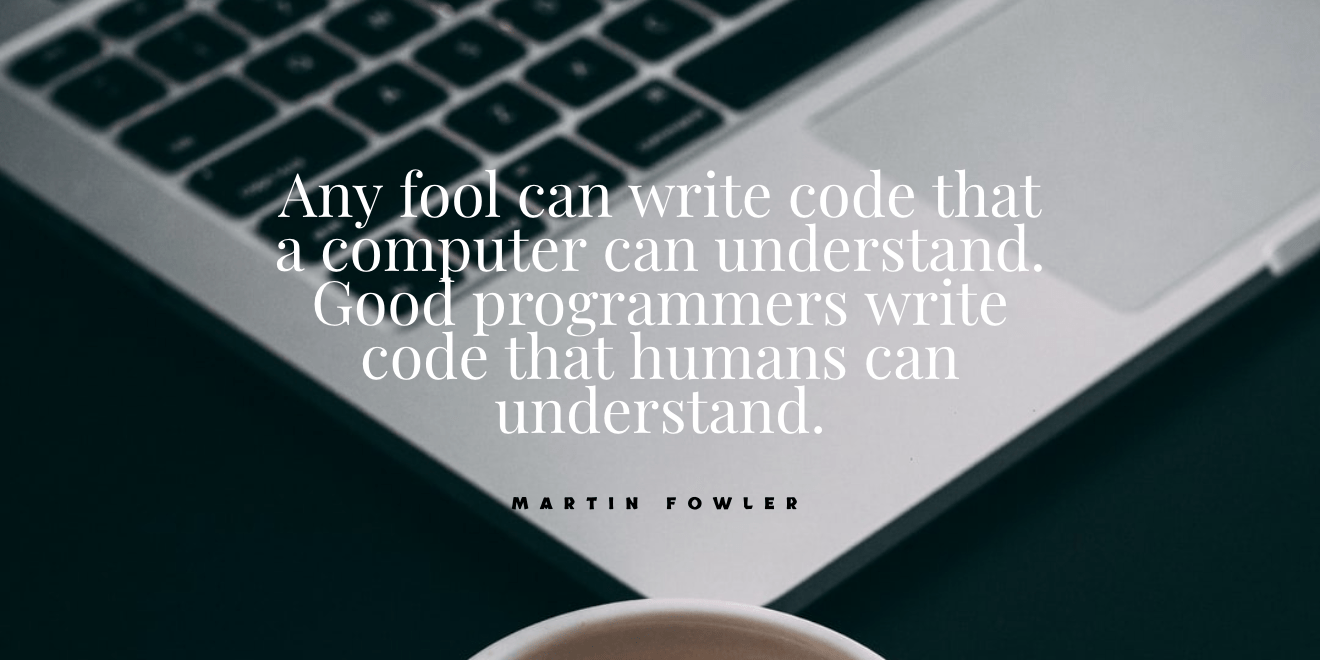
Any fool can write code that a computer can understand. Good programmers write code that humans can understand. — Martin Fowler
A rather geeky/technical weblog, est. 2001, by Bramus

Photo by Kevin Ku on Unsplash Dan Abramov on how he once overnight refactored a piece of WET code written by a colleague, but then got called out for doing so: My boss invited me for a one-on-one chat where they politely asked me to revert my change. I was aghast. The old code was …

Brent has some thoughts on strong and weakly typed programming languages. Starting point: a simple function that needs testing: rgbToHex(red, green, blue) { // … } Testing the result the function should return is easy. But what about edge cases? What happens though if we pass doubles instead of integers? Or numbers outside of the …
On July 8, 2015 the New York Stock Exchange went down due to a software glitch. Over at Medium, Zeynep Tufekci went into detail on how it comes that software sucks. Software sucks for many reasons, all of which go deep, are entangled, and expensive to fix. […] LAYERS AND LEGACIES: A lot of software …
Every day has 24 hours Every day without DST changes is 86400 (60 * 60 * 24) seconds long Every day in UTC is 86400 (60 * 60 * 24) seconds long Week one of a year starts in January every year If I know what time zone someone is in and they just tell …
Continue reading “Falsehoods programmers believe about time and time zones”